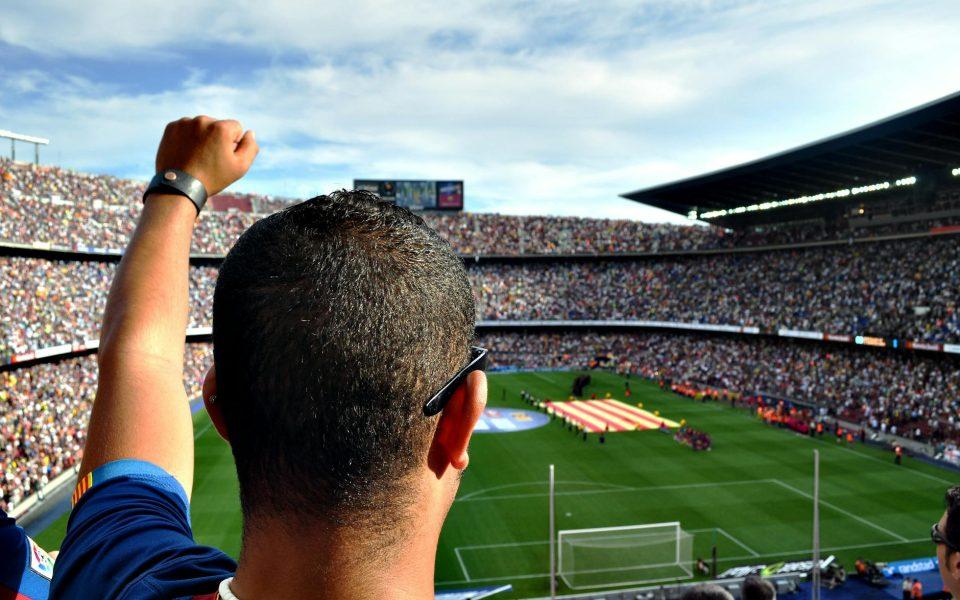Every fan knows the feeling. The rush before a match, the quiet optimism that maybe this is the day when everything clicks. Sports have always been about faith, faith in teams, in players, in something larger than reason. But somewhere along the way, faith learned to speak the language of numbers.
These days, the conversations around sport sound a lot like investment talk. People trade in stats and data instead of stories. They discuss probabilities and win percentages the way they once talked about heart and hunger. The emotional core is still there, but it now wears the face of analysis.
You see it in the way fans talk online. Hope has gone digital. Every feed is filled with graphs, models and percentages. Supporters celebrate not only goals but xG rates, possession maps and form curves. It is a world where feeling and forecasting live side by side.
Nowhere is that clearer than in Champions League betting, where belief and calculation collide every week. Fans follow odds as closely as lineups, searching for patterns that might explain the unexplainable. The numbers become another way to express faith, not in cold profit, but in the idea that the story might go their way this time. It is not so different from lighting a candle before kickoff.
Hope and the human instinct to predict
Why do people turn to prediction? Because it gives the illusion of control. The modern fan knows they cannot change the result, but they can understand it. They can prepare, interpret and make sense of what might come next. That small power helps make the chaos of sport feel a little more human.
Analytics has only deepened that relationship. Fans now study passing networks and shooting charts the way traders read stock indices. The numbers give them language for something ancient, the need to believe while knowing the outcome is uncertain. Every prediction, every bet, every statistical model is really a way of saying I think I understand how hope works.
There is a strange comfort in this. A chart cannot capture nerves or momentum, but it gives structure to feelings that once lived only in the gut. It allows fans to hold on to something tangible in the swirl of emotion that every match brings.
The emotion beneath the math
For all the data and betting lines, sport is still built on feeling. The best moments are not logical. They are raw and irrational. A last-minute goal that defies the numbers. A keeper who becomes unstoppable out of nowhere. A team that forgets its limits for just long enough to make something beautiful happen.
That is what keeps people coming back. It is not the predictability, but the defiance of it. The same person who studies odds all week still leaps off the couch when their side scores against every calculation. At that moment, all the graphs in the world cannot explain the noise.
The numbers tell us what should happen. The heart tells us what might. Fans live between the two, chasing patterns but still trusting the gut. That tension is what makes sport more than just entertainment. It is a mirror of life, logical on paper, chaotic in practice, endlessly surprising.
Beyond the odds
The rise of AI, data and betting has not ruined the spirit of fandom. If anything, it has revealed just how deep belief runs. People want to measure what they feel not because they have lost faith, but because they want to understand it better. Numbers make hope visible.
It is why you see so many fans talk about probability with a smile. They know the math is stacked against them. They know that even the best model cannot capture momentum or mood. But they still believe. They still play along.
Maybe that is the real story hidden in all the statistics, that no matter how much data we gather, sport will always belong to the people who believe when they should not. The fans who look at the odds and still say maybe, just maybe, this is our night.
The numbers might shape the game, but the hope keeps it alive.
Join the First Amendment Society, a membership that goes directly to funding TCB‘s newsroom.
We believe that reporting can save the world.
The TCB First Amendment Society recognizes the vital role of a free, unfettered press with a bundling of local experiences designed to build community, and unique engagements with our newsroom that will help you understand, and shape, local journalism’s critical role in uplifting the people in our cities.
All revenue goes directly into the newsroom as reporters’ salaries and freelance commissions.


Leave a Reply